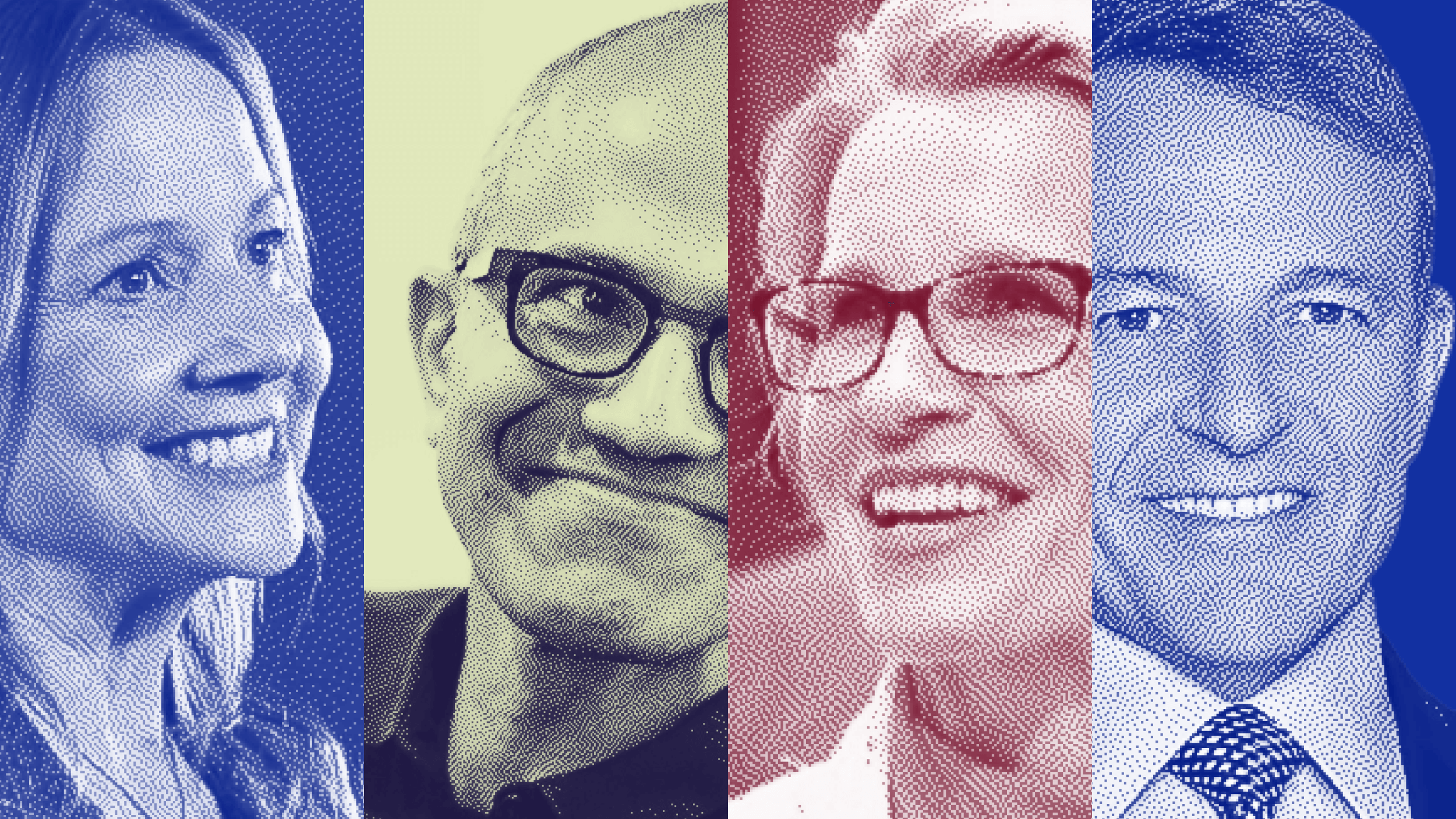We have to punish the extensive use of fossil fuels and provide incentives for the clean energy technologies.
Question: What is business sustainability?
Fatih Birol: I think that there are some businesses who do go for sustainable energies, but I do not think that these… the sustainable energy investments became mainstream yet and the reason here is that some of the energy technologies are still very expensive and they do not provide the necessary profits for the industry to go and invest. If there is for example, a carbon price which would provide incentives for the clean energy technologies this would be a very good point for the industry to go and invest in clean energy technologies. In the absence of a carbon price, in the absence of a regulation unfortunately, in many cases, conventional energy sources from a cost point of view are more attractive for the energy industry. My appeal is therefore to put a price on carbon in order to punish the extensive use of fossil fuels and provide incentive for the clean energy technologies.
Question: What are the incentives for businesses to think about sustainability issues?
Fatih Birol: The incentive for them is we know that the world is facing a climate change problem and we are also realistic and we know that currently we don’t have a global agreement, global mechanism, but one day earlier or later we will have a global agreement and this will provide a major impetus for the clean energy technologies. We already see it in some countries and if the businesses cannot see that this trend is coming when they jump on the train it may be a little too late, so I think they should be alerted now that sooner or later clean energy technologies will take the lead and they will prepare their business plans accordingly.
Question: What is the nature of the path to sustainability? Do we need top down or bottom up approaches?
Fatih Birol: I think we need both of them, but for me the most important one is a global agreement is needed. Everybody has to play its role. Rich countries such as the US, such as the European countries, such as Japan, but also some major countries such as China should take place in this game. When we look at our projections I can tell you that between now and 2030 almost half of the CO2 emissions growth will come from China. You cannot convince a local community in the United States to do this or that if China is not a part of the solution, so therefore I believe first of all that there should be a global agreement that all the countries are playing the game and secondly believe in each country as a result of this global agreement that there should be rules and regulations which are pushing the clean energy technologies, which are pushing using energy more efficiently, but at the same time there should be some economic incentives for the citizens, the communities to go and make their decisions for the sustainable energy choices. When a person from a community goes and buys a car he or she should have the incentive, financial incentive to buy a more efficient, more environment friendly car. This shouldn’t be only left to the intention of the people. We cannot only rely on the ethics or the moral of the people. I believe there should be some financial incentives to make the right choice, to make them to buy the right car or not to buy a car, but using public transport systems. I believe that these financial incentives are important.





